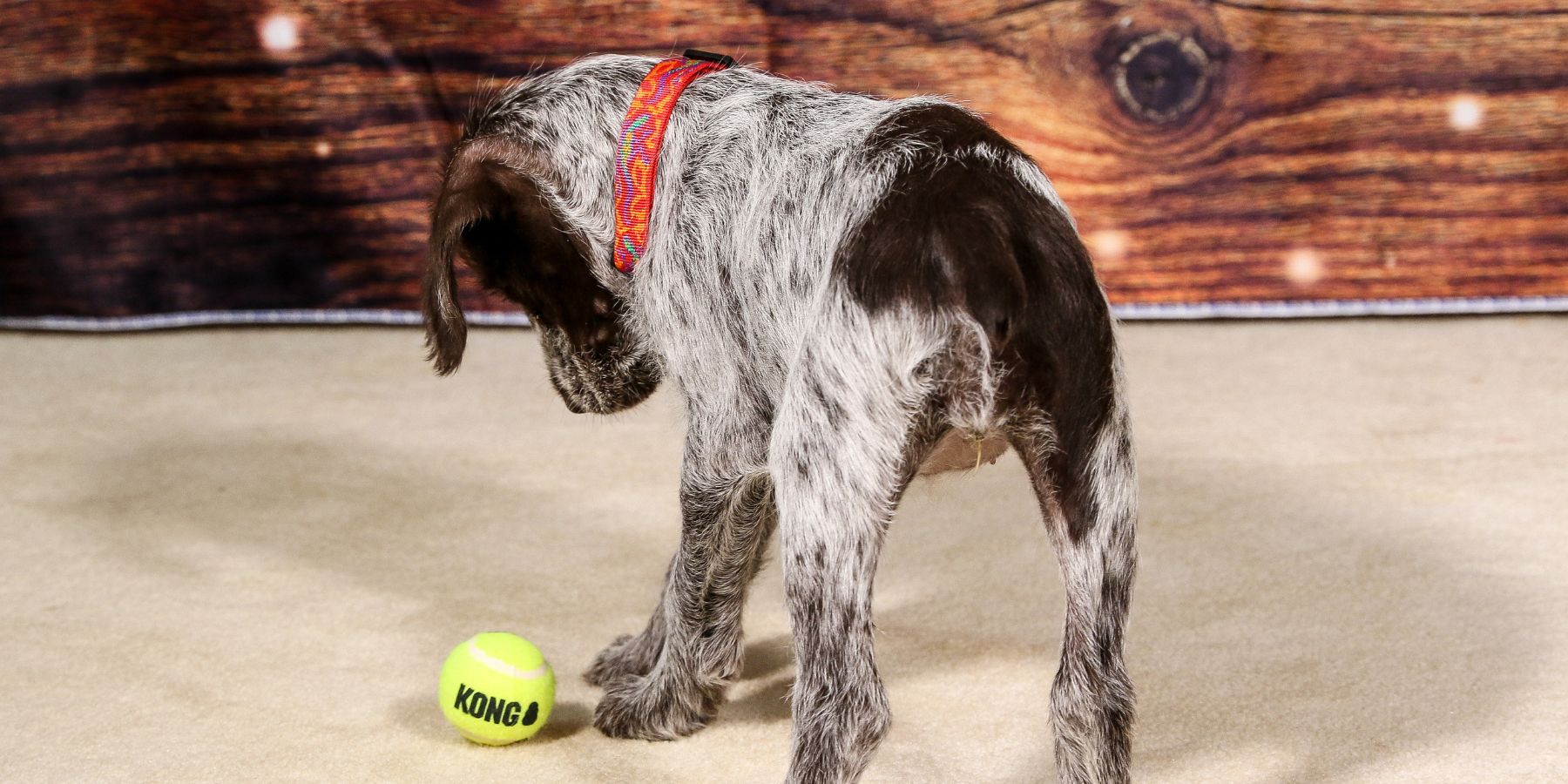Welcoming a young pup into your home marks the beginning of a delightful companionship. This guide is crafted to help you navigate the early stages of training, fostering good behavior and a strong bond between you and your furry friend.
Building Blocks of Successful Training
1. Establishing Trust and Connection
Puppy's View: Establishing trust is crucial for a strong bond.
Training Tip: Spend quality time bonding through play and positive interactions.
2. Positive Reinforcement Techniques
Puppy's View: Connecting good behavior with positive outcomes.
Training Tip: Use treats, praise, and toys to reinforce desired actions.
Week 1: Setting the Foundations
Creating a Safe Environment
Puppy's View: A secure and comforting space.
Training Tip: Introduce a designated area with a cozy bed and toys.
Introduction to Basic Commands
Puppy's View: Learning to respond to cues.
Training Tip: Start with simple commands like sit, stay, and come.
Week 2: Mastering Leash Etiquette
Familiarizing with the Leash
Puppy's View: Getting used to a new accessory.
Training Tip: Begin leash training indoors, associating it with positive experiences.
Outdoor Exploration
Puppy's View: Exciting adventures beyond the home.
Training Tip: Encourage leash walking in a safe, enclosed outdoor space.
Week 3: Potty Training Success
Establishing Routine
Puppy's View: Predictable bathroom breaks are reassuring.
Training Tip: Stick to a consistent schedule for potty training.
Recognizing Signs of Needing to Go
Puppy's View: Communicating their needs.
Training Tip: Observe cues and respond promptly to avoid accidents.
Week 4: Socialization Journey
Meeting New People
Puppy's View: Discovering new friends and experiences.
Training Tip: Encourage positive interactions with treats and praise.
Interacting with Other Dogs
Puppy's View: Playtime with canine buddies.
Training Tip: Supervise play and intervene if needed for a positive experience.
FAQs About Early Puppy Training
Q1: When should I start training my puppy?
Answer: Begin as early as 8 weeks to establish good habits, so it’s important that you need to train your 8-week-old puppy.
Q2: How long should training sessions be?
Answer: Keep it short, around 5-10 minutes, to maintain engagement.
Q3: Can I train without using treats?
Answer: While treats are effective, praise and toys can also be rewarding.
Q4: Is socialization important for older pups?
Answer: Yes, start early, but it's never too late for positive social experiences.
Q5: How to calm a puppy during training?
Answer: Take breaks, use positive reinforcement, and be patient to create a calm environment.
Summary
Navigating the early stages of training is an investment in a harmonious relationship with your puppy. By fostering trust, using positive reinforcement, and introducing gradual training, you set the stage for a well-behaved and joyful companion. Celebrate the small victories and cherish the journey of growth with your furry friend.


